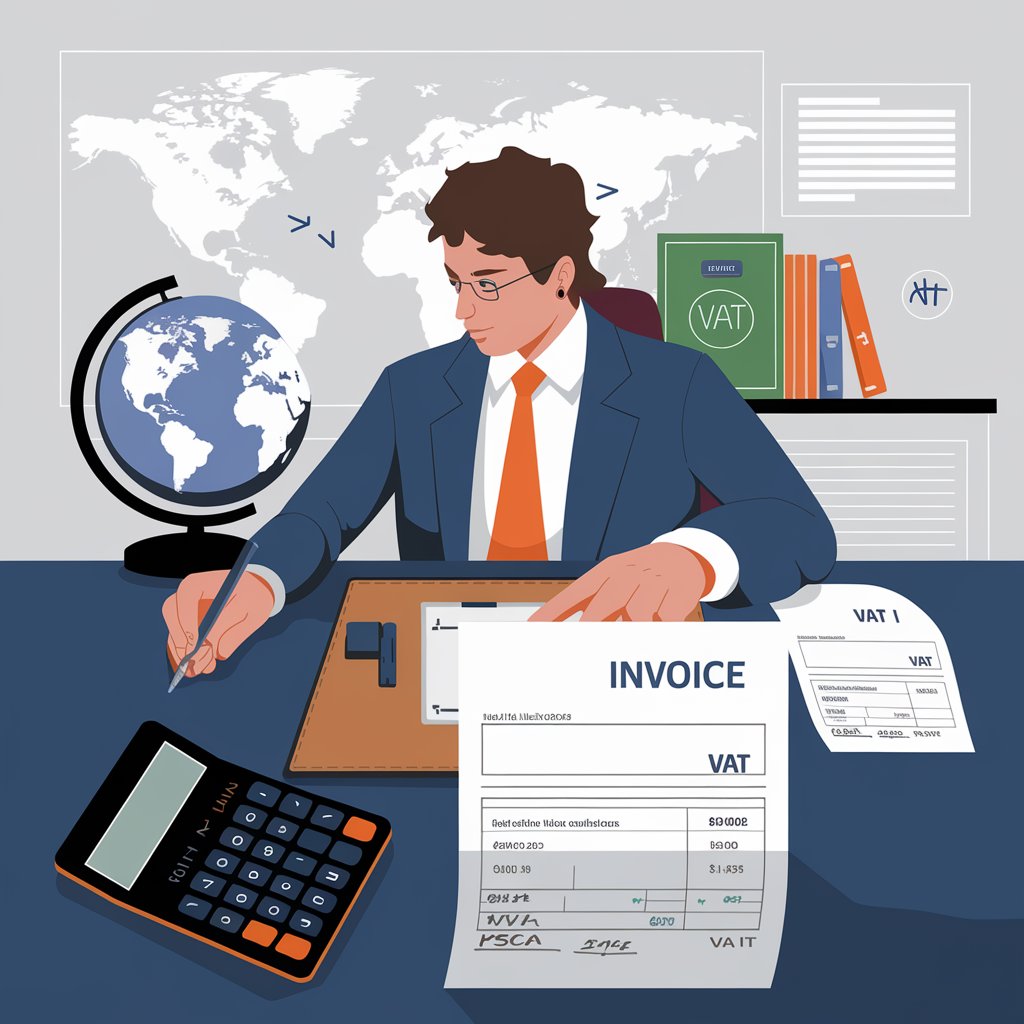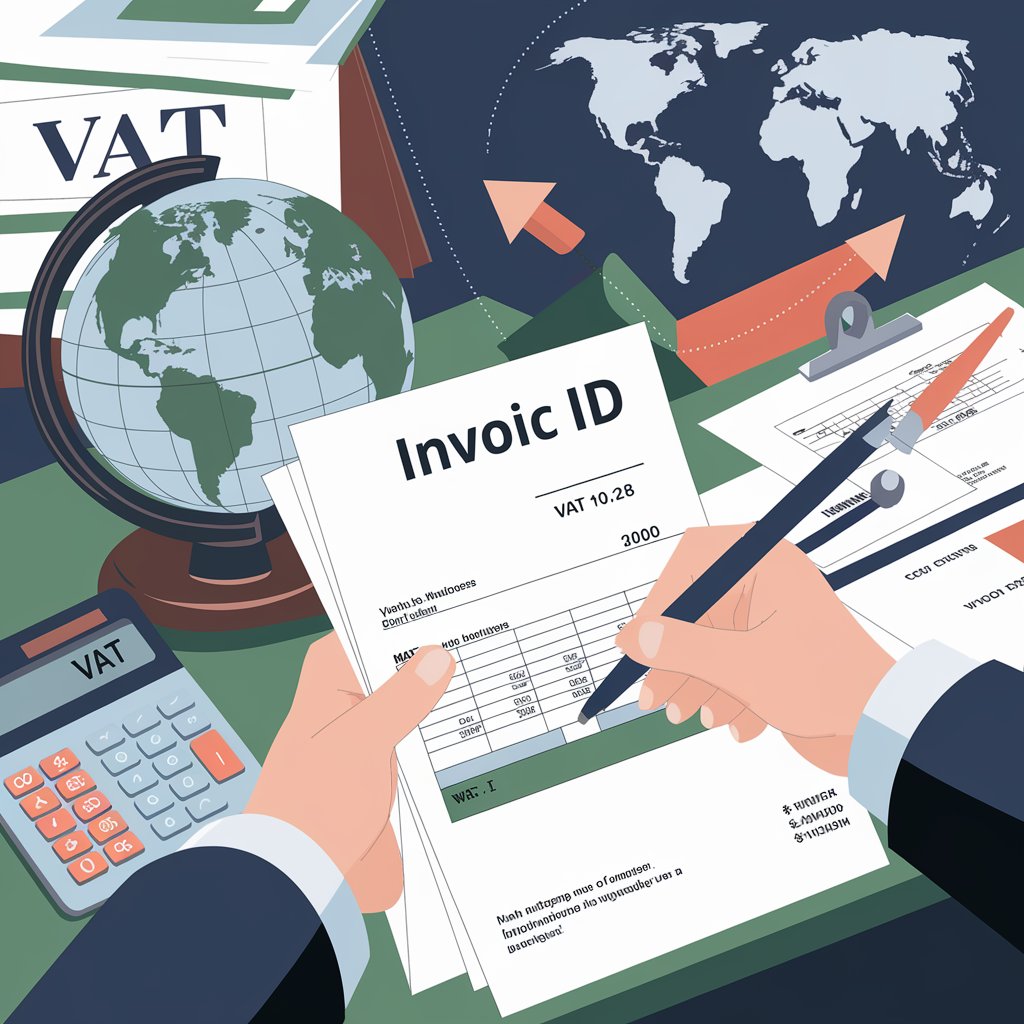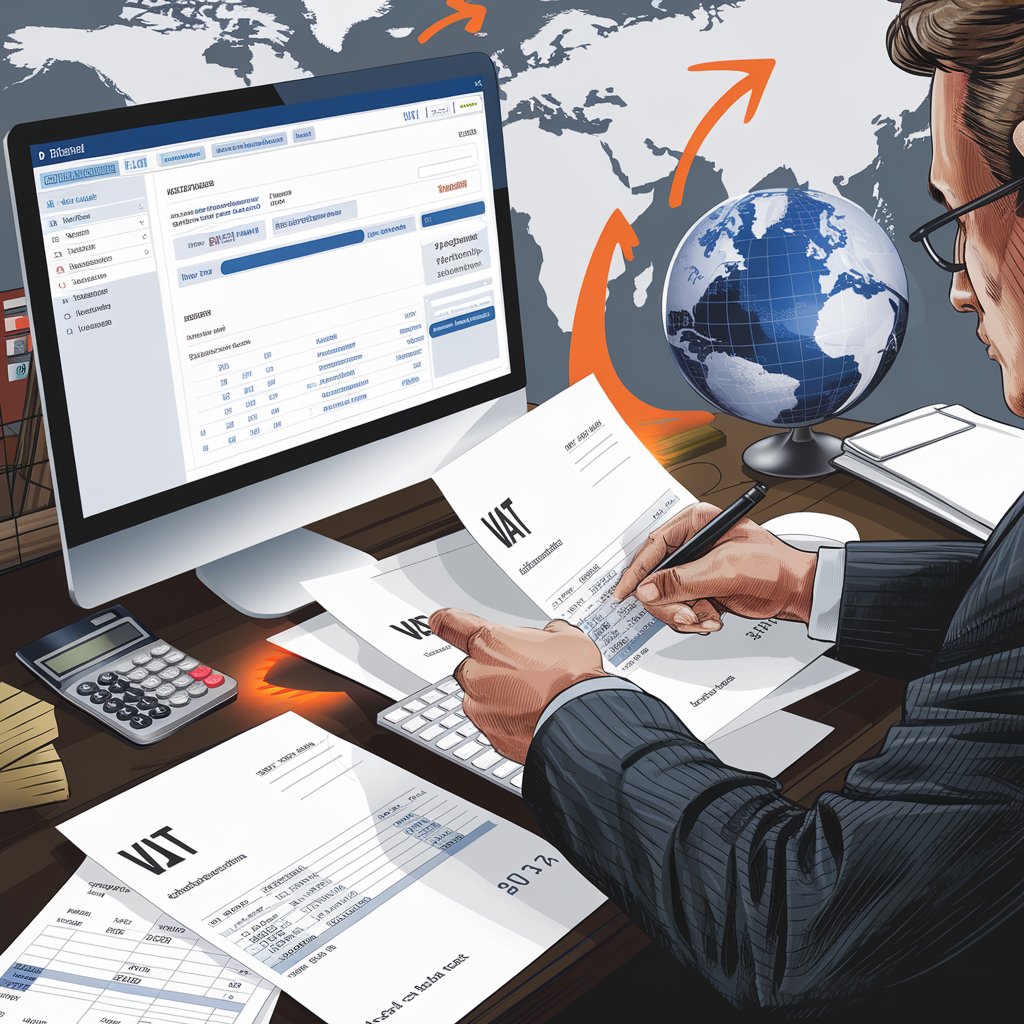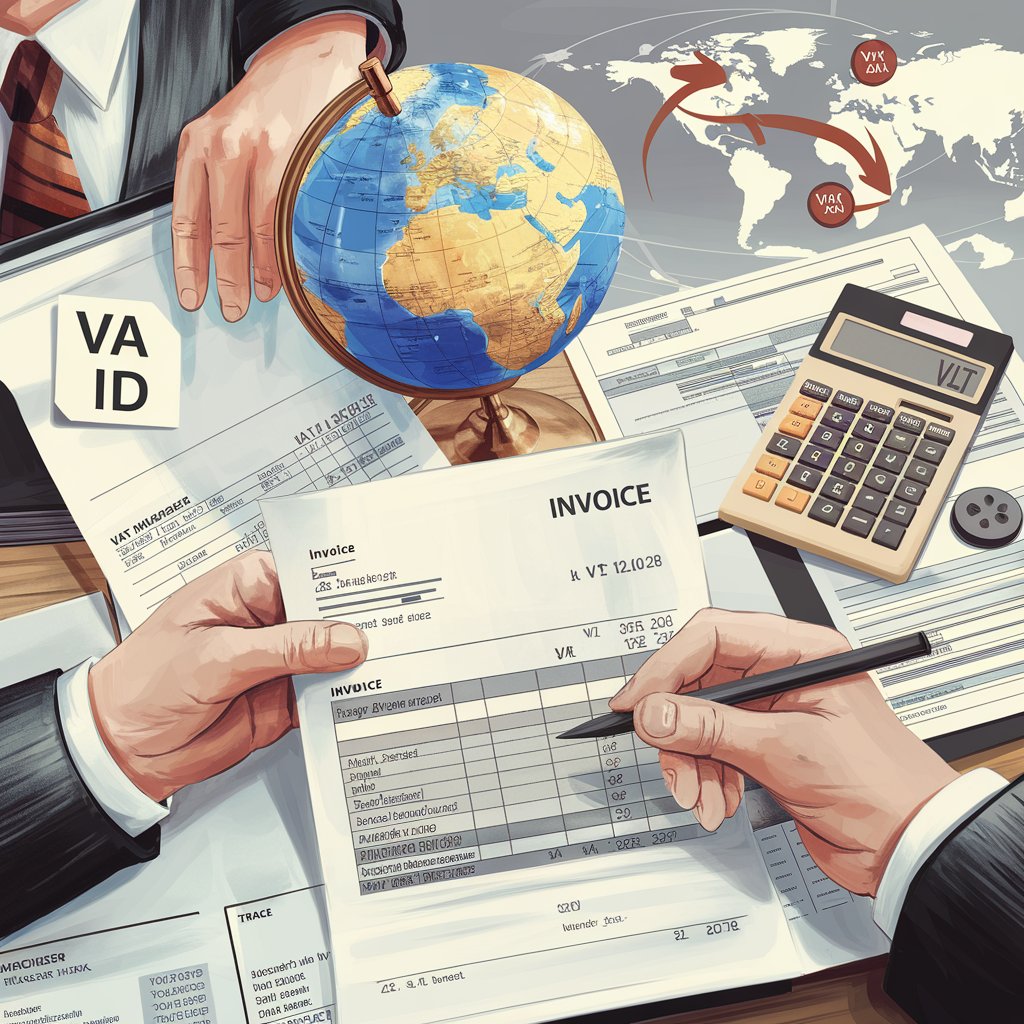Exploring What is a VAT ID in Detail

What is a VAT ID?
A VAT ID (or VAT number) is a unique identification number assigned to businesses that are registered for Value Added Tax (VAT). This ID is used by tax authorities to track VAT-registered businesses and facilitate tax collection on goods and services exchanged. The number is typically required when businesses engage in transactions involving VAT, particularly in international trade or when doing business across borders.
A VAT ID is typically composed of:
- Country Code: This refers to the country in which the business is registered (e.g., “GB” for the United Kingdom, “DE” for Germany).
- Unique Number: A series of digits that distinguishes one business from another within the same country.
For example, a UK VAT ID may look like this: GB123456789.
Key Features of a VAT ID
- Country-Specific Structure:
A VAT ID is typically structured according to the regulations of the issuing country. Each country has its format and rules for issuing , but the concept remains the same. The ensures that businesses are properly recognized for tax purposes in the international market. - Unique Identifier:
The VAT ID is unique to each business and acts as a form of identification for tax-related activities. It helps tax authorities track businesses’ tax obligations and ensures that businesses do not evade VAT payments. - Tax Compliance:
The main purpose of a is to ensure that businesses comply with VAT requirements. In many countries, businesses are required to include their on invoices and other business documents to show that they are registered for VAT and are compliant with tax regulations. - Use in B2B Transactions:
A VAT ID is often required in Business-to-Business (B2B) transactions, particularly when one business sells to another in a different country. The helps verify whether the transaction qualifies for VAT exemption or if VAT should be charged.

Practical Uses of a VAT ID
- International Trade
A VAT ID is essential for businesses engaged in international trade. It allows businesses to trade across borders and ensure that VAT is correctly applied and reported. In the European Union, for example, businesses can purchase goods or services from other VAT-registered businesses without paying VAT, as long as both businesses have valid VAT IDs.
Example: A company in France selling goods to a company in Germany would use their VAT ID to exempt the sale from VAT, provided both businesses are VAT-registered. - B2B Transactions
Businesses in different countries can trade with each other without paying VAT on the transaction, as long as both parties have valid. This is common in cross-border B2B transactions, where the selling business can verify the buyer’s VAT registration.
Example: A US-based supplier of software tools selling to a UK-based distributor would use their VAT ID to ensure the correct VAT treatment of the sale. - Issuing Invoices
Businesses are required to display their on invoices, especially in B2B transactions, to prove that they are VAT-registered and to show that they have met their obligations. The VAT ID also helps businesses calculate on the sale of goods and services and ensures the transaction is properly recorded for tax purposes. - VAT Refunds
VAT-registered businesses can often reclaim VAT paid on purchases through their VAT ID. For example, businesses that travel internationally can reclaim VAT paid on business expenses in foreign countries if they have a valid VAT ID and the proper documentation. - VAT Exemptions and Refunds
In some countries, businesses can claim VAT exemptions on certain purchases or services when they provide their VAT ID. This ensures that the business does not overpay VAT on goods or services that are tax-exempt or should not be taxed.
Why Does a VAT ID Matter for Businesses and Professionals?
- Legal Compliance
Businesses that are VAT-registered must have a VAT ID to legally comply with tax laws. Operating without a valid can lead to fines, penalties, and legal issues. For multinational companies, it’s critical to register for a in every country they operate in to avoid tax-related complications. - Simplifies Cross-Border Transactions
A valid VAT ID is crucial for businesses that conduct cross-border transactions, as it ensures that VAT is applied correctly and simplifies the process of claiming VAT refunds. By verifying the VAT status of a partner company or customer, businesses can ensure they are handling taxes in compliance with international trade regulations. - Helps in Claiming VAT Refunds
VAT-registered businesses are often eligible to reclaim VAT on certain business expenses, such as travel or supplies. To do so, they need to provide their and submit the appropriate documentation. This helps companies avoid paying more VAT than required and ensures that their tax expenses are minimized. - Reputation and TrustHaving a valid can also enhance a business’s reputation, as it shows that the company is compliant with tax laws. This is particularly important for businesses that deal with international clients or suppliers, as it assures them that transactions will be handled professionally and legally.

How to Obtain a VAT ID
- Register with the Local Tax Authority
To obtain a VAT ID, a business must first be registered with the relevant tax authority in the country where it operates. This process usually involves providing proof of business activity, such as company registration documents, and other required documentation. - Determine VAT Eligibility
Not all businesses are required to register for a . Generally, businesses must meet a minimum threshold of annual taxable sales or engage in specific activities to be required to register. It’s important for businesses to understand local VAT regulations to determine if they are eligible. - Apply for the VAT ID
After registration, businesses will be issued a by the tax authority. This number will be used on invoices and other tax-related documents.

Challenges and Considerations
- Complex VAT Rules
VAT regulations can be complex and vary from country to country. Businesses involved in international trade need to be familiar with the VAT requirements in every country they do business in. This includes understanding the rules on VAT registration, exemptions, and VAT rates. - VAT ID Verification
It’s important for businesses to verify the of their customers and suppliers to ensure that transactions are tax-compliant. Many countries provide online verification tools to make this process easier. - Filing VAT Returns
Businesses must file regular VAT returns to report VAT paid and collected. Keeping accurate records and ensuring that the VAT ID is included in all documentation helps simplify this process.
Conclusion
A VAT ID is more than just a number—it’s an essential tool for businesses involved in cross-border transactions, ensuring tax compliance and facilitating smooth international trade. Whether you’re a small business owner, a freelancer, or part of a multinational corporation, understanding the role of a VAT ID and how to use it effectively is crucial for managing taxes and maintaining legal compliance. By obtaining a VAT ID and using it properly, businesses can ensure they are operating within the law and taking advantage of the benefits that come with VAT registration.
